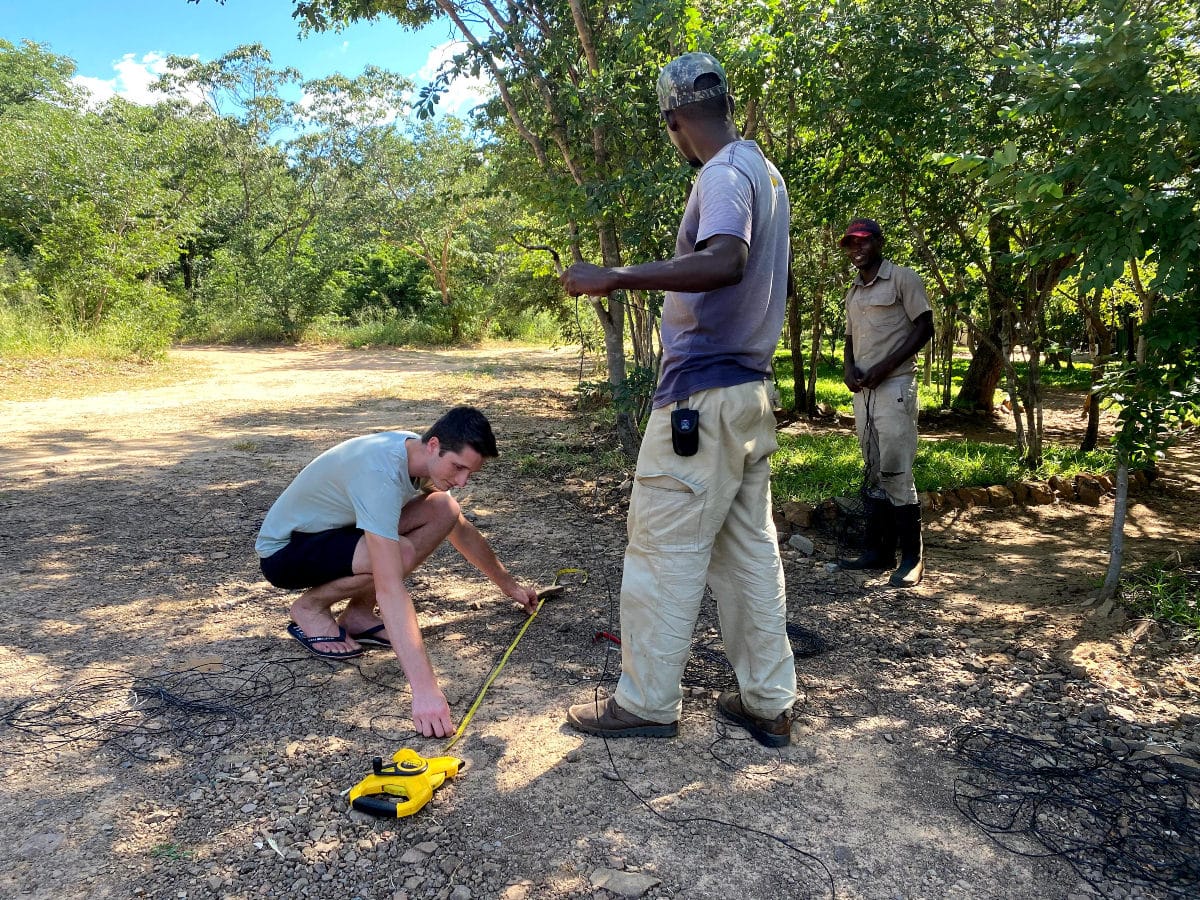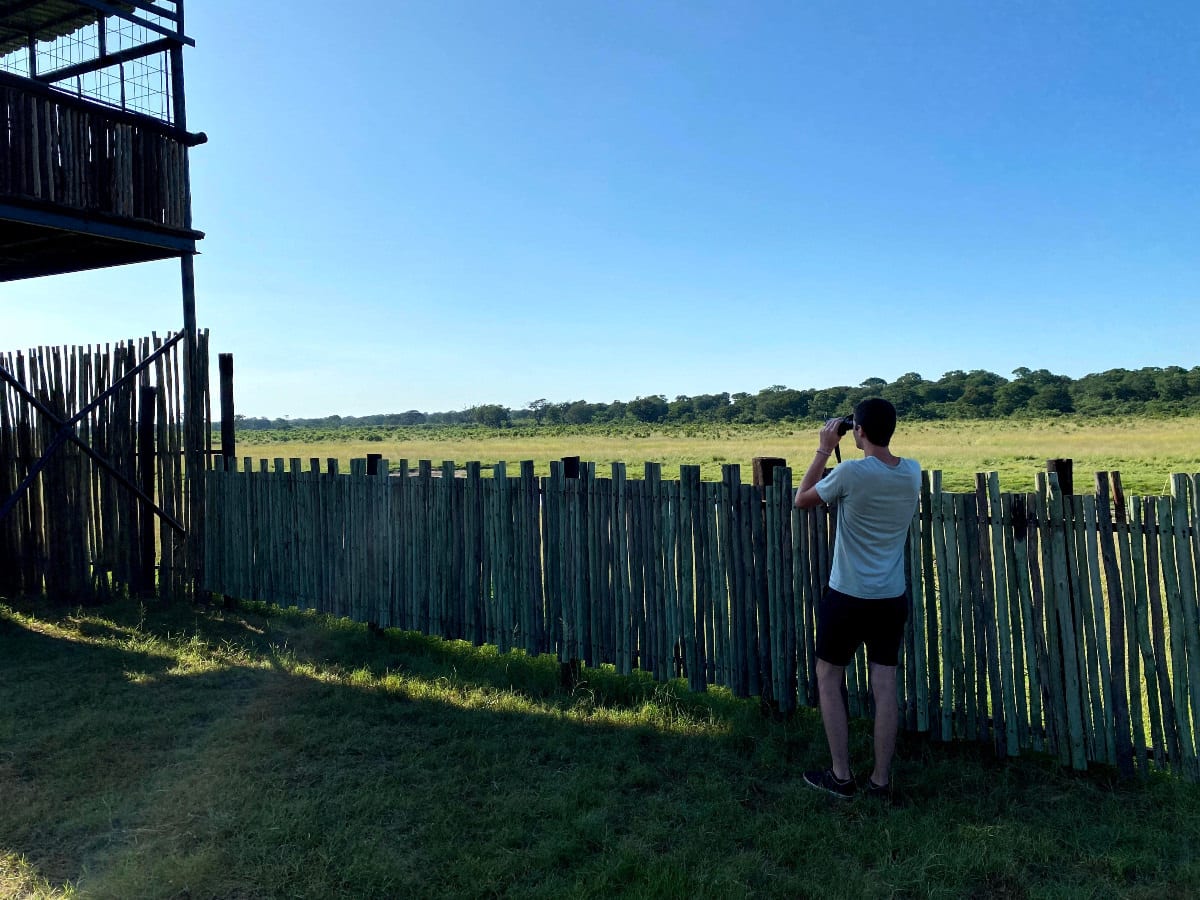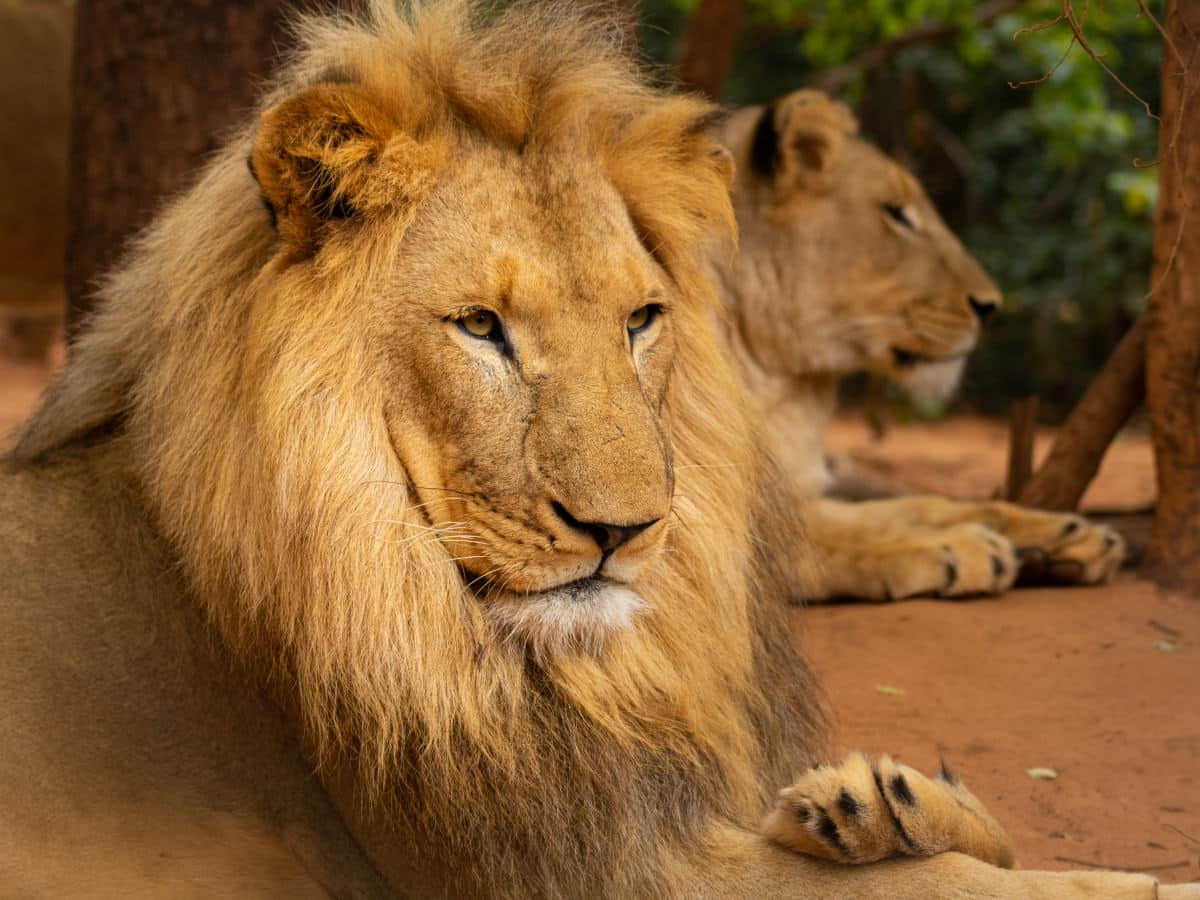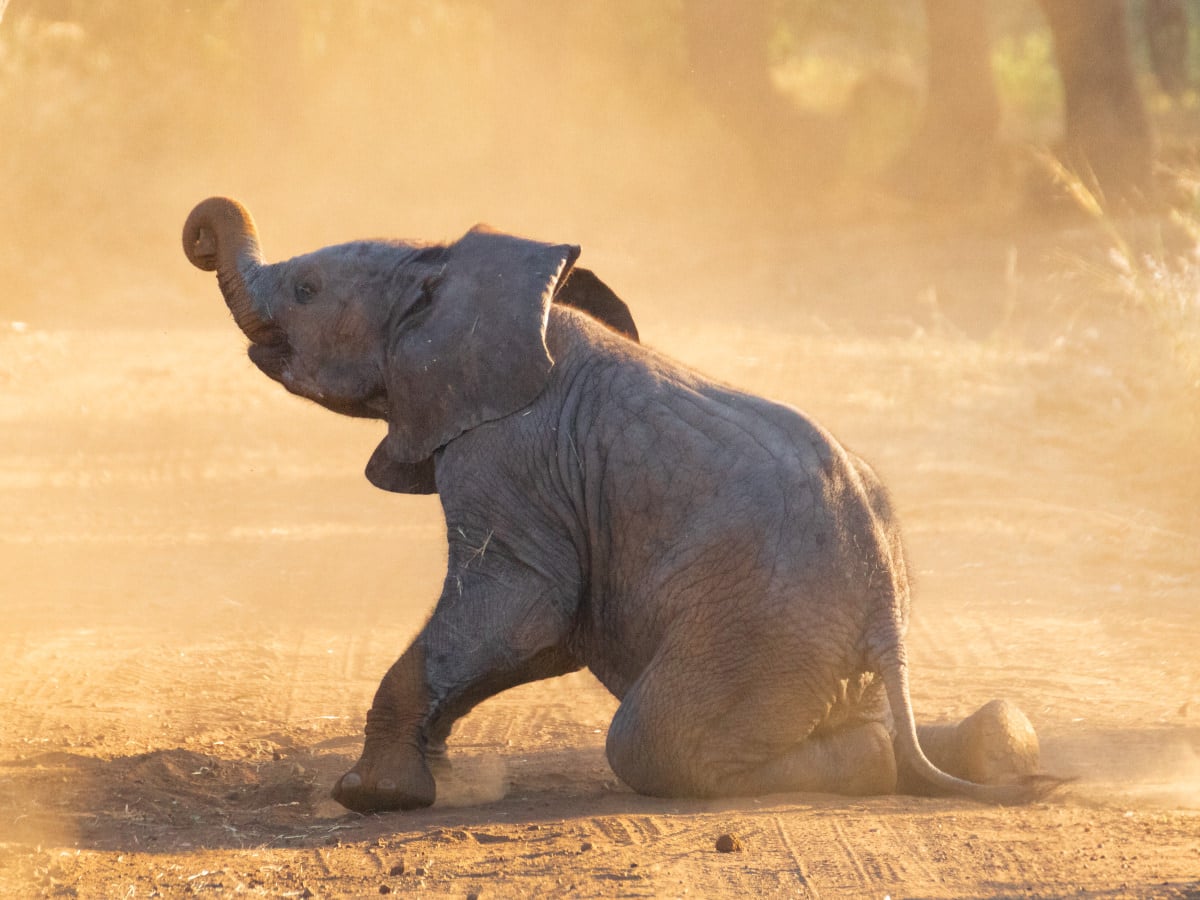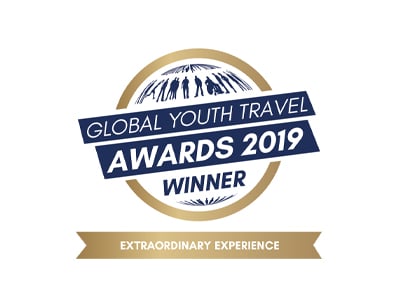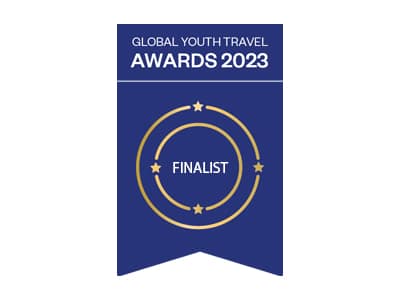What to know about a wildlife internship
Imagine this: you wake up to the gentle sound of elephants roaming around your tent. Lions are roaring in the distance. The smells of the African bush envelop you as you step outside. You stretch and get ready for the day ahead – a day filled with wildlife encounters, stimulating research work, and hands-on conservation projects. Okay – we fluffed that up a little, but doing a wildlife research internship in Africa really is a richly rewarding and uniquely exciting experience. Two recent interns, Mattieu and Simon, were kind enough to share what embarking on this adventure was like for them.
4 wildlife conservation tips when interning
1. Discover what you’re passionate about
If wildlife conservation is your passion and your desired career path, doing a field-based internship is an important springboard. We offer a range of wildlife conservation internships in Africa – all with slightly different focus areas and tasks, but all with organizations on the frontlines of preserving African species and their habitat.
One of these internship opportunities is our Wildlife Research Internship in Zimbabwe. As an intern on this program, you’ll venture to Victoria Falls, a welcoming community on the banks of the Zambezi River that’s surrounded by national parks. You join a wildlife trust that runs a variety of research projects focused on lions, hyenas, giraffes, elephants, and a number of smaller species. The data that’s collected helps evaluate population sizes, assess biodiversity, and determine behavior and habitat use. Interns play a vital role in collecting and analyzing data, and running various practical conservation projects in the national park.
2. Gain hands-on educational experience
One of our recent wildlife research interns is Simon Schoger, a Biology student from Germany. “I just completed eight weeks of this amazing internship and have enjoyed every minute of it,” he says. “Working as a wildlife research intern was an incredible opportunity. I was responsible for the baited camera traps, but I also got to help out wherever I could. This included bird monitoring, snare sweeps, animal den checks, and contributing to animal welfare of rescued animals. The work was a lot of fun and I was able to interact with many different species.”
Matthieu Ankersmit, an Agro & Biotechnology student from Belgium, also added vegetation surveys, bird surveys, night drives, litter clean-ups, snare sweeps as his tasks. On top of this, Matthieu was able to do research that his university required. “I have been very well helped in conducting research and collecting data for my bachelor thesis I have to write.”
3. Learn from field research
Anyone who’s spent time in the African bush knows that it’s a truly wonderful experience. Doing this as part of an internship is no different. “There were many highlights during my internship,” says Simon. “But some of the greatest experiences were in the national parks. Some of the many highlights were seeing lions on a fresh buffalo kill in Chobe National Park and spending time with a pride of eight female lions in Zambezi National Park. And our camping trips in the parks were unique experiences and lots of fun.”
Find out more about our wildlife research internship in Victoria Falls
Matthieu Ankersmit, an Agro & Biotechnology student from Belgium, also mentioned his time in the parks as one of the best elements of his experience; “One of the highlights of my internship was the weekly game drive in Zambezi National park,” he says, “where we could enjoy the fantastic nature and the most stunning animals.”
4. Turn your internship into a job opportunity
Doing a wildlife research internship is an obvious choice for anyone studying wildlife sciences, biology, or related fields – but it can also just be a way to dip your toes into the wildlife conservation waters, and see if it’s a good fit for you as a career path.
“My career plans are not completely certain at this point,” explains Simon. “I either want to start working in nature and wildlife conservation as soon as possible or start a masters degree in Marine biology or Ecology. This internship has helped me greatly in defining my plans. The experience has confirmed that I want to work in the field of nature and wildlife conservation, and that I want to spread awareness on these issues as well.”
Similarly, Matthieu is still defining his career path. “I’m not quite sure what I’m going to do after my studies,” he says. “But this internship is certainly a strong enrichment of my CV. I think this experience will certainly help me find a suitable job.”
Why apply for a wildlife internship?
Our wildlife research internship is mostly suitable for students of relevant fields, but applications are open to anyone. Key is a passion for the work, and a willingness to learn. “This was an unforgettable experience for me,” says Simon, “and I think everybody with a passion for wildlife conservation should consider doing an internship like this.”
And, as with all our internships in Africa, there’s the opportunity to live and work in a different country and culture, which allows you to test and develop your flexibility. As an intern with us in Zimbabwe, you can expect a welcoming environment. “This internship is not far from the town of Victoria falls, where I spent a lot of time on my weekends,” says Matthieu. “The people in this community are incredibly warm and welcoming, which makes the transition abroad so much easier. This was an experience I will cherish for the rest of my life.”
Interested? Here’s what to do
- Have a read through the profile of our Wildlife Research Internship in Victoria Falls
- If you’re ready to apply, fill out our application form and send you CV to info@rootsinterns.com
- We’ll then be in touch to set up an interview!
- If you have any questions, just give us a shout at any stage.


